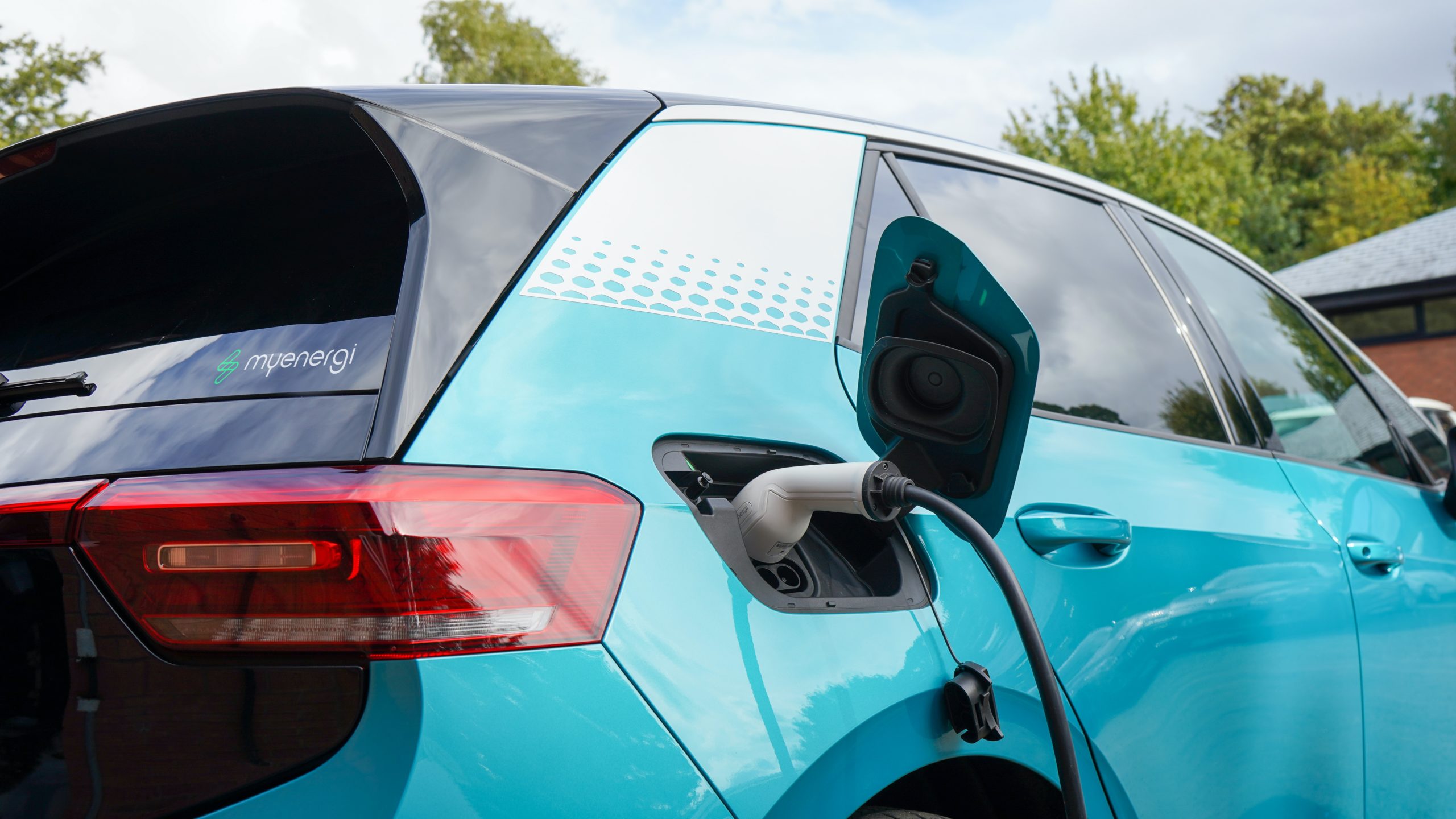
The Inflation Reduction Act has brought with it several changes to the tax code that promote clean energy. One of these is a new clean vehicle tax credit, which is available from the beginning of 2023 through 2032.
This article will discuss the details of the credit, including how to determine if you qualify, which vehicles qualify, and the different requirements when purchasing new and used vehicles.
Which Electric Vehicles Qualify
The new clean vehicle tax credit is limited to qualifying fully electric vehicles, fuel cell vehicles, and plug-in hybrid electric vehicles.
The amount of the credit and the specific vehicles that qualify will depend on whether you’re purchasing a new or used vehicle and whether the vehicle will be used for business purposes.
New Electric Vehicles
The maximum credit for new electric vehicles is $7,500, which is not refundable, meaning it is limited to the amount of your tax liability. There are several requirements that new electric vehicles and the purchaser must meet to qualify for the credit:
MSRP
The manufacturer suggested retail price (MSRP) for the vehicle cannot exceed the following:
- $80,000 for vans, SUVs, and pickup trucks; or
- $55,000 for all other vehicles.
The IRS uses the EPA fuel economy labeling standards (typically listed on the vehicle’s window sticker) to determine the category into which each vehicle falls.
Remember that MSRP isn’t necessarily the price you pay for the vehicle, and these limits are based on the MSRP, not the price you pay.
Income
To qualify for the credit, you must have a modified adjusted gross income in the year you purchased the vehicle or the year prior that doesn’t exceed the following:
- $300,000 if married filing jointly;
- $225,000 if filing as head of household; or
- $150,000 if single or married filing separately.
For most taxpayers, your modified adjusted gross income will be the same as your adjusted gross income on the first page of your tax return.
Assembly
The vehicle must undergo final assembly in North America. If the vehicle is not put together at a plant in the United States, Mexico, or Canada, it will not qualify for the credit.
Critical Mineral and Battery Components
For vehicles delivered on or after April 18, 2023, the maximum amount of the credit will be determined by critical mineral and battery component sourcing requirements.
If the vehicle meets both requirements, it will be eligible for the full $7,500 credit. If it meets only one requirement, the maximum credit will be reduced to $3,750. The vehicle will be ineligible for any credit if neither requirement is met.
Vehicles delivered before April 18, 2023, do not need to meet these sourcing requirements and are eligible for a maximum credit between $3,751 and $7,500, depending on the vehicle’s battery capacity.
This website provides details on which vehicles are eligible for the credits and the maximum credit based on these sourcing and battery capacity requirements.
Used Electric Vehicles
The maximum credit for purchasing a used electric vehicle is the lesser of $4,000 or 30% of the purchase price. Similar to the credit for new vehicles, it is not refundable.
This credit can be claimed only once every three years, and there are fewer, but more restrictive, requirements that must be met in the case of purchasing a used vehicle:
Model Year and Purchase Price
The used vehicle must have a model year at least two years prior to the year of its purchase. For example, a vehicle purchased in 2023 must have a model year of 2021 or earlier. The vehicle must also have been sold by a licensed dealer, and the purchase price cannot exceed $25,000.
Income
To qualify for the credit, you must have a modified adjusted gross income that doesn’t exceed the following:
- $150,000 if married filing jointly;
- $112,500 if filing as head of household; or
- $75,000 if single or married filing separately.
Similar to the new vehicle credit, you can use your modified adjusted gross income from the year you take delivery of the vehicle or the year prior, whichever is less.
Other Requirements
For used vehicles, there are no requirements when it comes to assembly, critical minerals, or battery components.
The IRS has provided this full list of used vehicles that qualify for the credit.
A Workaround for High-Income Earners
If your income is too high to claim the clean vehicle credit by purchasing a car, there is a way for you to still take advantage of the tax breaks through leasing.
Leasing companies can qualify for a $7,500 commercial clean vehicle credit, which can be passed along to consumers through reduced leasing costs.
The commercial clean vehicle credit is also less restrictive than the new clean vehicle credit. There are no rules around price, critical minerals, or battery components. So, more vehicles will qualify for tax breaks through leasing as opposed to buying.
Vehicles Purchased for Business Use
In addition to leasing companies, other businesses and tax-exempt organizations can qualify for the commercial clean vehicle credit. The maximum credit is $7,500 for vehicles with gross vehicle weight ratings of under 14,000 pounds, and $40,000 for all other vehicles.
This credit is calculated as the lesser of 15% (or 30% if the vehicle is fully electric) of the vehicle’s basis—which in many cases is the purchase price if the vehicle is used for only business purposes—or the incremental cost of the vehicle over a similar nonelectric model. For 2023, the IRS has said it will accept $7,500 as the incremental cost of almost all electric vehicles to simplify this process.
For vehicles to qualify for this credit, final assembly must take place in the United States, but there are no critical mineral or battery component sourcing requirements.
Practical Considerations
If you plan to claim one of the clean vehicle credits discussed here, you should ensure the seller creates a seller’s report and provides a copy to both you and the IRS. The credit will only be allowed on your tax return if you are listed as the owner on the seller’s report.
To claim the new or used vehicle credit, you will file Form 8936 with your tax return; to claim the commercial clean vehicle credit, you or your business will file Form 8936-A.
Disclaimer: This is not to be considered investment, tax, or financial advice. Please review your personal situation with your tax and/or financial advisor. Milestone Financial Planning, LLC (Milestone) is a fee-only financial planning firm and registered investment advisor in Bedford, NH. Milestone works with clients on a long-term, ongoing basis. Our fees are based on the assets that we manage and may include an annual financial planning subscription fee. Clients receive financial planning, tax planning, retirement planning, and investment management services and have unlimited access to our advisors. We receive no commissions or referral fees. We put our client’s interests first. If you need assistance with your investments or financial planning, please reach out to one of our fee-only advisors. Advisory services are only offered to clients or prospective clients where Milestone and its representatives are properly licensed or exempt from licensure. Past performance shown is not indicative of future results, which could differ substantially.



